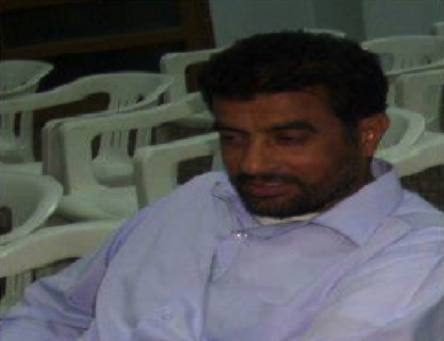By George Grant & Maha Ellawati.

Tripoli & Benghazi, 8 December:
The president of Benghazi Local Council has resigned for the second time in . . .[restrict]less than two months, after his first attempt to stand down was rejected.
Juma Al-Sahli initially tendered his resignation on 21 October, citing the “desperate” situation regarding non-payment of local salaries and the government’s failure to fulfill promises of support to Benghazi as reasons for his decision.
This time, however, the Local Council has said that the resignation is nothing more than standard procedure, and that the presidency is now working on a rotation basis.
“Every three months we have elections to choose a new leader”, council spokesman Khaled Al-Jazwee told the Libya Herald. “If the president has been working hard and doing well, he will be given the option to stay on for another three months, and this is sort of an incentive to do a good job.”
Jazwee said that when Sahli resigned in October, the council urged him to stay and he agreed, but that he had insisted on standing down.
The decision was announced on Thursday evening, and Sahli has been replaced by Mahmoud Abu Raziza, one of the four councilors for Benghazi’s fifth electoral district, New Benghazi and Al-Hadaiq.
The announcement of the three-month rotation rule has not convinced some locals, however, not least because both of Sahli’s announced resignations have come within a two month period.
“This rotation idea is the reason they are giving, but it isn’t true”, said a Benghazi lawyer who requested to remain anonymous for fear of harassment. “They are ashamed at the number of resignations and the fact that the council is not achieving anything.”
The lawyer cited the many serious pressures still confronting the Local Council, not least an ongoing spate of assassinations plaguing the eastern city, as the real cause behind the decision.
Sahli was himself a replacement for the Local Council’s first president, Shahat Awami, who tendered his resignation on 16 August complaining of “unworkable” conditions.
On 20 November, the Local Council suffered an additional blow with the resignation of Najat Al-Kikhia, the only female member, and the candidate who received the highest number of votes in the 19 May elections.
She said that the council had failed to achieve the expectations and aspirations of the people of Benghazi, and alleged a broader problem of obstructionism and incompetence amongst officials not on the council in the eastern city. [/restrict]







